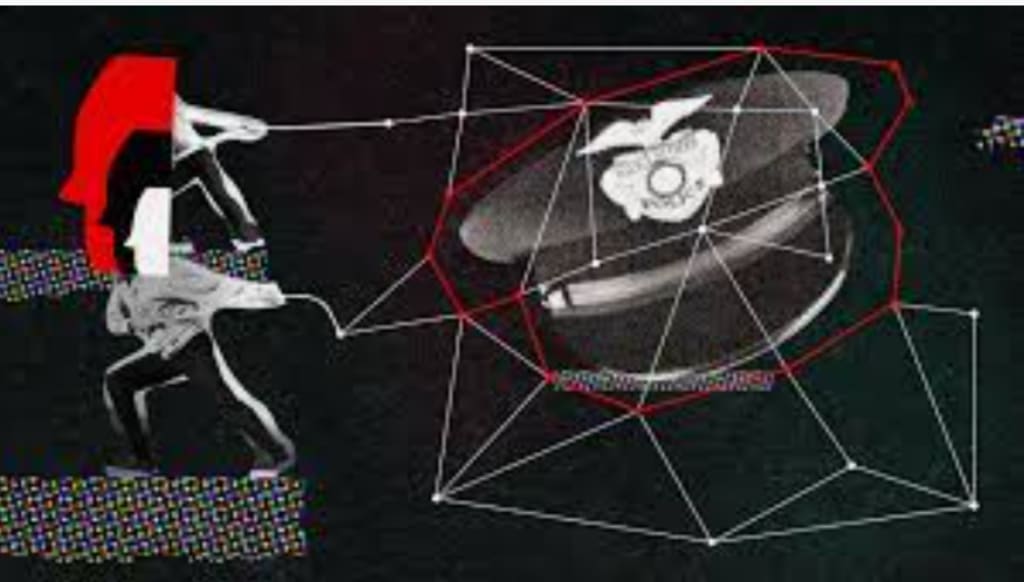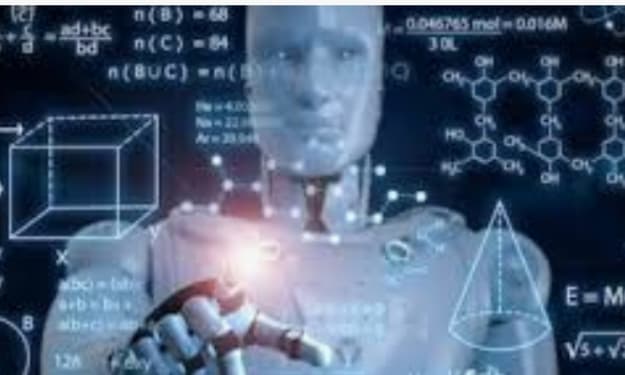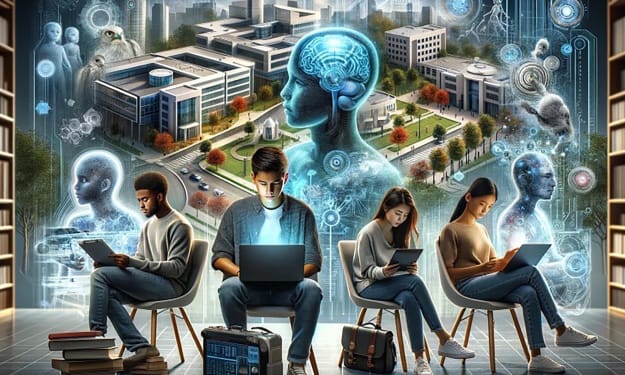Predictive Policing and Criminal Justice: A Brave New World of Law Enforcement
AI in Action: Balancing Predictive Efficiency and Ethical Imperatives in Criminal Justice

Artificial intelligence (AI) has come to occupy an increasingly prominent role in our everyday lives, influencing sectors as diverse as healthcare, finance, and education. But it's also transforming one of society's most vital functions – law enforcement and criminal justice. The use of AI in predictive policing and criminal justice is creating a brave new world of law enforcement, one where machines can help in everything from crime prediction to decision-making in the court system.
Predictive Policing: Seeing Crime Before It Happens
Predictive policing is not a new concept. For years, law enforcement agencies have used statistics and crime data to anticipate where and when crime might occur. But AI is taking this concept to a new level. AI systems can analyze vast amounts of data far more quickly and accurately than humans can, identifying patterns and trends that might otherwise go unnoticed.
These AI systems use machine learning algorithms to analyze historical crime data – including types of crimes committed, locations, times, and even weather conditions – to predict where future crimes are likely to occur. Some models even consider sociodemographic data and data from social networks to provide more nuanced predictions. The results can help police departments allocate resources more effectively, intervening in potential hot spots before crime happens.
But predictive policing is not without its challenges. One major concern is the risk of bias. AI systems are only as good as the data they are trained on. If historical crime data reflects systemic bias – for instance, over-policing in certain neighborhoods – the AI system might perpetuate that bias by predicting more crime in those areas. This is a significant issue that requires ongoing attention and careful management of AI systems.
AI in the Courtroom: Aiding Decision Making
Beyond policing, AI is also making inroads into the criminal justice system itself. Some jurisdictions are starting to use AI tools to assist with decision-making processes, from bail and sentencing decisions to probation and parole considerations.
AI can analyze large amounts of data, including a defendant's criminal history, age, employment status, and more, to assess their risk of reoffending. Judges and other decision-makers can use this information to make more informed, data-driven decisions.
This use of AI, like predictive policing, raises important ethical questions. How do we ensure these AI tools are transparent and fair? What checks and balances are needed? These are critical considerations as AI becomes more integrated into the justice system.
AI in Criminal Investigations: Solving Crimes Faster
AI can also aid in criminal investigations. From facial recognition technology to analyzing DNA evidence, AI tools can speed up investigations and make them more efficient. For instance, AI can analyze CCTV footage, identifying suspects more quickly than a human operator. Similarly, AI can help analyze DNA evidence, matching it to databases of known criminals far more quickly and accurately than traditional methods.
However, these applications also raise significant privacy concerns. How do we balance the need for effective law enforcement with the rights of individuals to privacy? This is a complex and ongoing debate.
A Brave New World of Law Enforcement
As AI continues to evolve, its impact on predictive policing and criminal justice will only grow. It has the potential to transform law enforcement, making it more efficient, effective, and fair. But this brave new world also brings challenges and questions that society must grapple with.
As we navigate this new landscape, it's vital to remember that AI is a tool. Like any tool, it must be used responsibly and ethically. It's not a panacea, but with careful management and thoughtful regulation, AI can play a key role in creating a more just and equitable society.
AI in predictive policing and criminal justice is not the future – it's happening now.
Moving Forward
However, the use of AI in predictive policing is not without its critics. Concerns have been raised about the potential for bias in AI systems, which may unfairly target certain demographic groups based on the data they are trained on. There are also issues around transparency and accountability: How can we ensure that these AI systems are making fair and unbiased predictions?
As we move forward, it's crucial that we continue to explore these challenges, conducting rigorous research and fostering open dialogues about the ethical implications of AI in predictive policing and criminal justice. In doing so, we can strive towards a future where AI not only aids in the prevention and prosecution of crime but also upholds the principles of justice and equality.
About the Creator
Geoffrey Muriuki
Geoff is a tech enthusiast with interest in the transformative powers of Artificial Intelligence and blockchain. He strives to demystify the world of AI and blockchain. He believes in the potential of technology to shape a better future.





Comments
There are no comments for this story
Be the first to respond and start the conversation.